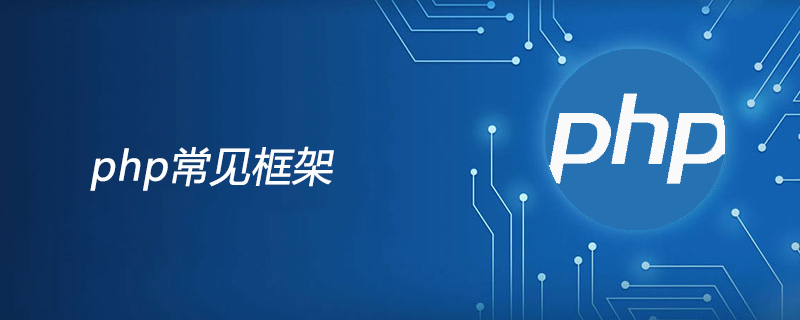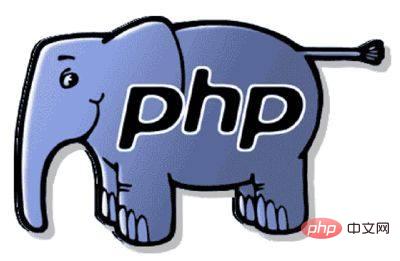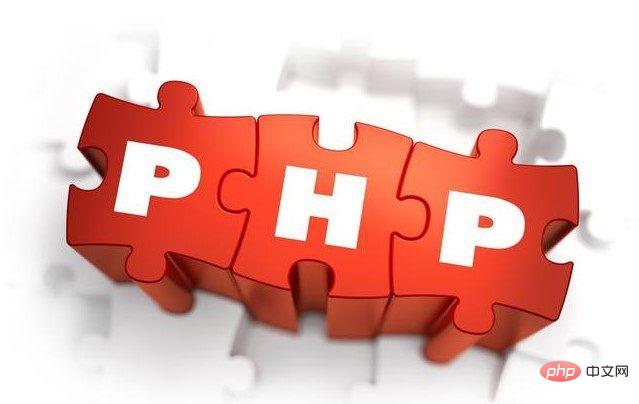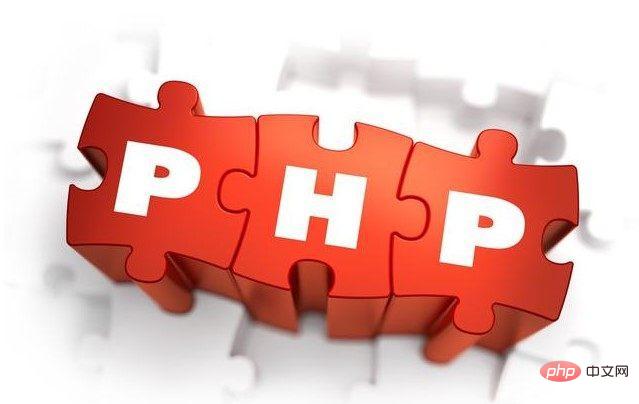

A framework is actually a collection of reusable codes. The code of the framework is the code of the framework architecture, not the business logic code. The framework code protects classes, methods, functions, etc., and the framework code follows a certain The rules are combined to form a framework.
The following is an introduction to the commonly used frameworks.
1. zendframework: (ZF) is a PHP development framework launched by Zend.
It is very powerful and a heavyweight framework. ZF uses 100% object-oriented coding to implement it. ZF's component architecture is unique in that each component has little dependence on other components. Such a loosely coupled structure allows developers to use components independently. We often call this “use-at-will” design.
2. Yii is a heavyweight framework developed by Chinese people. This framework maximizes the reusability of code.
Yii is a high-performance PHP5 web application development framework. A simple command line tool yiic can quickly create a web application code framework. Developers can add business logic based on the generated code framework to quickly complete application development.

3. CakePHP is a foreign framework.
CakePHP is a framework that uses technologies such as ActiveRecord, Association Data Mapping, Front Controller and A rapid development framework for famous design patterns such as MVC.
The main goal of this project is to provide a platform that allows PHP developers of all levels to quickly develop robust Web applications without losing flexibility
4. Symfony, yes A set of foreign PHP open source framework.
Simple template functionality symfony is an open source PHP web framework. Based on the best web development practices, many websites have been fully developed using this framework. The purpose of symfony is to accelerate the creation and maintenance of web applications. Its features are as follows: cache management, custom URLs, building some basic modules, multi-language and I18N support, object model and MVC separation, Ajax support, and suitable for enterprise application development.

5. CodeIgniter (CI) is a lightweight framework with fast running speed.
CodeIgniter is a simple and fast PHP MVC framework.
It provides enough freedom to support organizations, allowing developers to work faster. When using CodeIgniter, you don't have to name your database tables a certain way, nor do you have to name your models based on tables. This makes CodeIgniter ideal for refactoring legacy PHP applications, where there may be all the weird structures that need to be ported.
6. The CanPHP framework is a simple, practical, efficient PHP open source framework that follows the Apache protocol.
It can not only perfectly support the MVC mode, but also support the traditional programming mode without restrictions. It is a lightweight php framework and a practical php toolkit. It is mainly application-oriented and does not dwell on OOP, MVC or design patterns. It is eclectic and strives to complete project development simply, quickly and with high quality. It is the first choice for small and medium-sized project development.
7. Laravel is a simple and elegant PHP web development framework that liberates you from spaghetti code. Develop great web applications with simple, expression syntax.
Laravel already has an advanced PHP ActiveRecord implementation -- Eloquent ORM. It can easily apply "constraints" to both sides of the relationship, so that you have complete control over the data and enjoy all the conveniences of ActiveRecord. Eloquent natively supports all methods of the query builder (query-builder) in Fluent.
8. SlimFramework is a simple PHP5 framework used to create RESTful web applications.
can help you quickly write simple and powerful RESTful style web applications and APIs. Slim is simple and can be used by both novices and professionals.

9. ThinkPHP is a fast, simple, object-oriented and lightweight PHP development framework.
Released in compliance with the Apache2 open source protocol, it was transplanted from the Struts structure and improved and perfected. At the same time, it also learned from many excellent foreign frameworks and patterns, using object-oriented development structures and MVC patterns, integrating Understood the ideas of Struts and TagLib (tag library), RoR's ORM mapping and ActiveRecord mode.
10. PHPUnit is a lightweight PHP testing framework.
It is a complete transplantation of the JUnit3 series version under PHP5. This tool can also be used by the Xdebug extension to generate code coverage reports, and can be integrated with phing for automated testing. Most importantly, it can be integrated with Selenium to complete large-scale automated integration testing.
11. KYPHP supports multiple databases, multiple languages, multiple templates, multiple apps, multiple caches, multiple encoding formats, template layouts, custom classes, and automatic loading of public class libraries.
KYPHP has been used in many large projects. It can manage multiple database sources at the same time, manage multiple caches, and support complex directory structures in the same program. Starting from 2.1, kyphp has greatly enhanced its security, which can effectively prevent common security issues such as SQL injection and XSS.
12. initPHP is a lightweight PHP development framework.
Adopts a layered system architecture, suitable for large and medium-sized website architecture. It provides a rich library class library and a simple framework extension mechanism. InitPHP also provides detailed development documents, which can make you use the framework more easily and practically. InitPHP implements an abstract DB layer, layered architecture, cache seamless switching mechanism, simple template mechanism, multi-model deployment mechanism, and powerful security system. It is a powerful tool for rapid development of PHP applications.
13. SpeedPHP is a full-featured domestic PHP application framework system.
The SpeedPHP framework is derived from the essence of actual running commercial systems. It is excellent in terms of stability and running speed. It also has a clear structure, which is more conducive to improving team development efficiency. , there are many tutorials and it is easy to get started. It is known as the most suitable PHP framework for beginners and can quickly lead you into the ranks of PHP masters.
The above content is for reference only!
Recommended tutorial: ThinkPHP tutorial
The above is the detailed content of What frameworks does PHP need to master?. For more information, please follow other related articles on the PHP Chinese website!